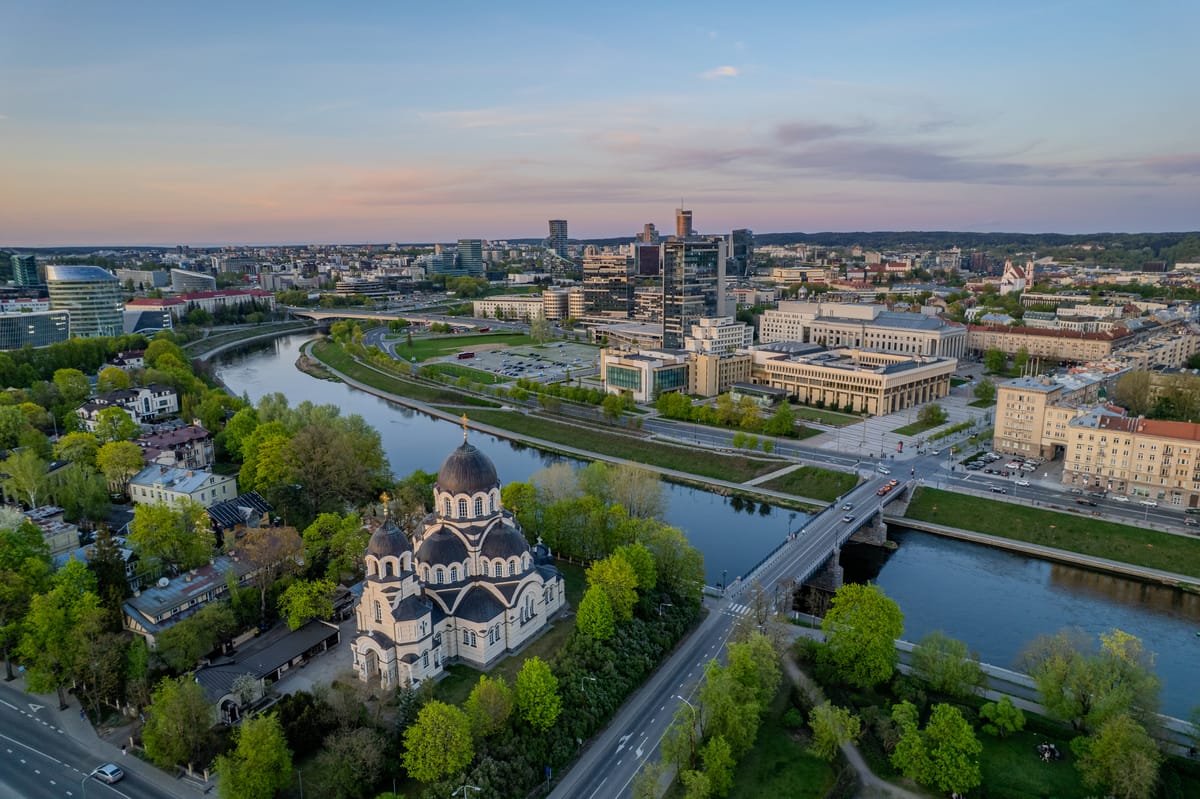
Ruginiene confirmed as Lithuania’s new prime minister
Lithuania’s Parliament approved Social Democrat Inga Ruginiene as prime minister in Vilnius, south-east Lithuania, on 26 August, in the wake of Gintautas Paluckas’ resignation.
Ruginiene, 44, a former trade union leader and labour minister, secured 78 MPs' votes in favour, as 35 voted against and 14 abstained, Lithuanian public broadcaster LRT reported.
“The main task of the new government is to restore stability and ensure the work entrusted to it by the voters,” Ruginiene told MPs after the vote, LRT added.
Lithuanian President Gitanas Nauseda described Ruginiene as “a constructive negotiator who seeks compromise”, adding that foreign policy continuity, especially support for Ukraine, would be maintained. Nauseda signed a decree on 27 August formally appointing her.
PM in waiting faces public opposition
Ruginiene now has 15 days to present a cabinet and programme for parliamentary approval, as required by the Lithuanian Constitution.
The development comes as Lithuania seeks to restore stability after Paluckas quit on 31 July amid corruption investigations and mounting public pressure.
The Social Democrats have formed a centre-left coalition with Nemunas Dawn and the joint Farmers and Greens Union (LVZS)-Electoral Action of Poles in Lithuania-Christian Families Alliance (LLRA-KSS) bloc, controlling 82 of the 141 Seimas seats, according to news agency AP.
New PM wants to reset relations with China
Ruginiene pledged to maintain defence spending plans at 5-6% of gross domestic product, adding that her first foreign visits will be to Warsaw and Kyiv. She also suggested exploring options to normalise ties with China within the EU framework, after years of strained relations, LRT wrote.
Domestically, Ruginiene floated a gradual state buyback of minority shares in energy group Ignitis, which has drawn criticism from presidential advisers and fiscal conservatives. Market reaction is expected to test the credibility of her economic programme.
Coalition could quickly unravel - analysts
Protests branded a “Day of Shame” accompanied the parliamentary vote, exposing the challenges to Ruginiene's authority as she begins coalition talks. Opposition MPs said the coalition’s majority could quickly unravel if internal disputes are not contained.
Lithuania’s political transition underscores how Central and Eastern Europe (CEE) governments balance domestic instability with firm NATO and Ukraine commitments. Any recalibration of China policy will be closely watched in Brussels and other Baltic capitals, while the Ignitis debate reflects broader regional disputes over state ownership in strategic energy sectors.
Ruginiene wrote on Facebook that she will soon announce her cabinet members and listed ministerial candidates as: Ministry of Finance - Kristupas Vaitiekunas; Ministry of National Defence - Dovile Sakaliene; Ministry of Culture - Vaida Aleknaviciene; Ministry of Social Security and Labour - Jurate Zailskiene; Ministry of Communication - Juras Taminskas; Ministry of Health - Marija Jakubauskiene; Ministry of Education, Science and Sports - Raminta Popoviene; Ministry of Foreign Affairs - Kutstutis Budrys; and Ministry of Internal Affairs - Vladislav Kondratovicius.

